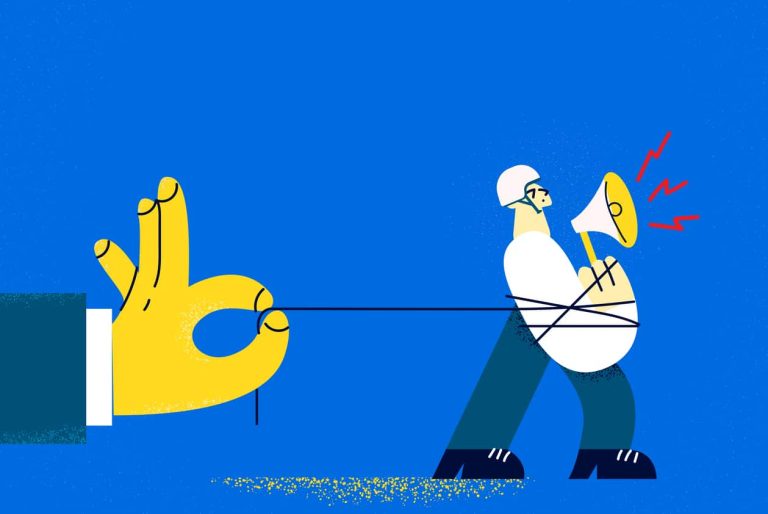23 de marzo 2022

Children of Exile: The Births “Sowing Hope” in the Camp of Nicaraguan Farmers

PUBLICIDAD 1M
PUBLICIDAD 4D
PUBLICIDAD 5D
We invite our audiences to join a global solidarity campaign in support of journalists in Ukraine

On February 21, Vladimir Putin, President of the Russian Federation, announced that his government recognized the independence of two separatist regions in eastern Ukraine. Three days later, he initiated the second Russian invasion of this country, which had already been joined - illegally, according to the United States and the European Union - by the Crimean peninsula and the autonomous city of Sevastopol.
These violent events have marked not only Ukrainian journalism, but also the global news agenda. This reaffirms the need to monitor and analyze the local consequences of international situations, and to recognize that a new high risk focus has been established for the exercise of journalistic work.
Doing journalism in the face of powers that are willing to use violence and any other measure to impose their narrative and silence the truth, is as necessary as it is dangerous. In 2021, the International Press Institute (IPI) registered the death of at least 45 journalists worldwide just for doing their job. Three of them died covering situations of armed conflict.
Since Vladimir Putin unleashed the war last February 24, at least four journalists from Ukraine, Ireland, and the United States have been killed while reporting. Colleagues on the ground have informed that they are afraid to lose access to the internet and electricity at any moment, and assure that there is a widespread shortage of critical supplies such as batteries, generators and satellite phones. They also warn that it is essential for them to prepare for the emergency to be prolonged and to worsen as time goes by.
Despite the obstacles and dangers they face, the commitment of journalists who are documenting the war in Ukraine represents the failure of Russian state propaganda and the guarantee that the truth will endure for justice to be done. That journalistic commitment, whether in Ukraine, Nicaragua or any other country, grows and strengthens with international solidarity.
That is why starting last Sunday, March 20, and until the 31st of this month, we invite our readers to join a global campaign in support of Ukrainian media that have been allied with CONFIDENCIAL in recent years, such as Zaborona, News of Donbas y Hromadske. With the memberships or donations that our audiences make over the next seven days, through confidencial.club, we help support the operational and security needs of reporters who continue to inform Ukrainians and international audiences about what is happening during the invasion.
CONFIDENCIAL pledges 100% of those contributions to Media Lifeline Ukraine, an international fund managed by recognized international journalism and press freedom support organizations, whose purpose is to provide working equipment, resources for digital security, and to ensure that journalists inside Ukraine and neighboring countries can continue to do their work.
The defense of independent journalism, as well as press freedom and freedom of expression, is a shared concern locally, regionally and globally. It is also everyone's responsibility. For more information on how to donate or questions about the nature of the campaign, please write to membresia@confidencial.digital
This article was originally published in Spanish in Confidencial and translated by our staff
PUBLICIDAD 3M
PUBLICIDAD 3D